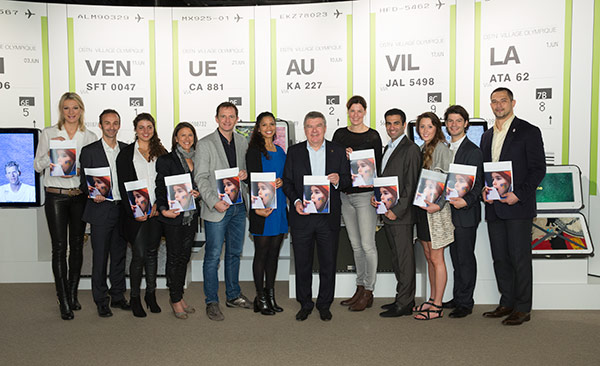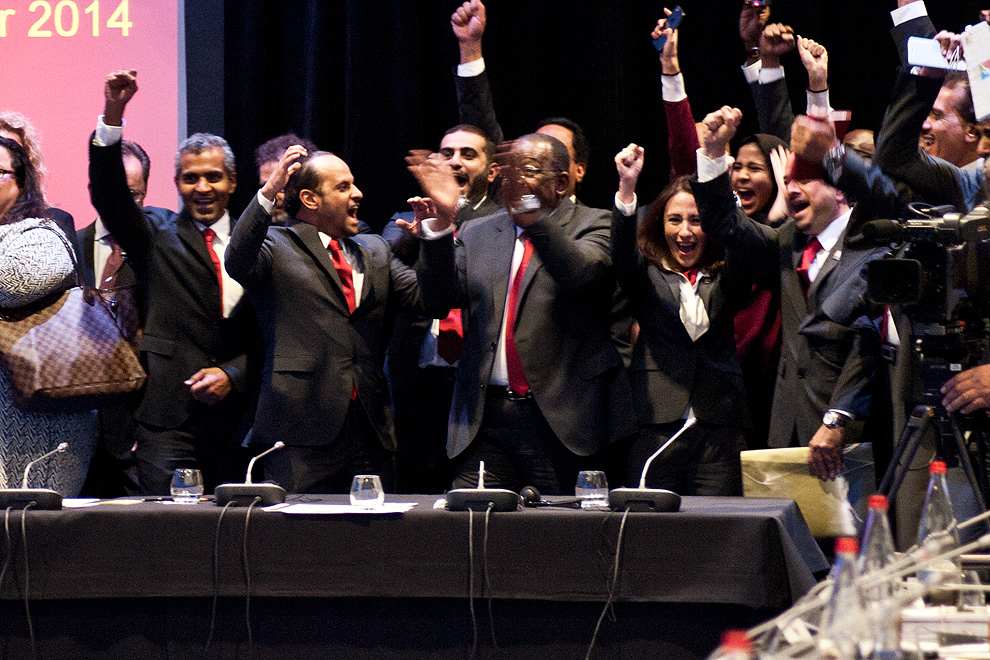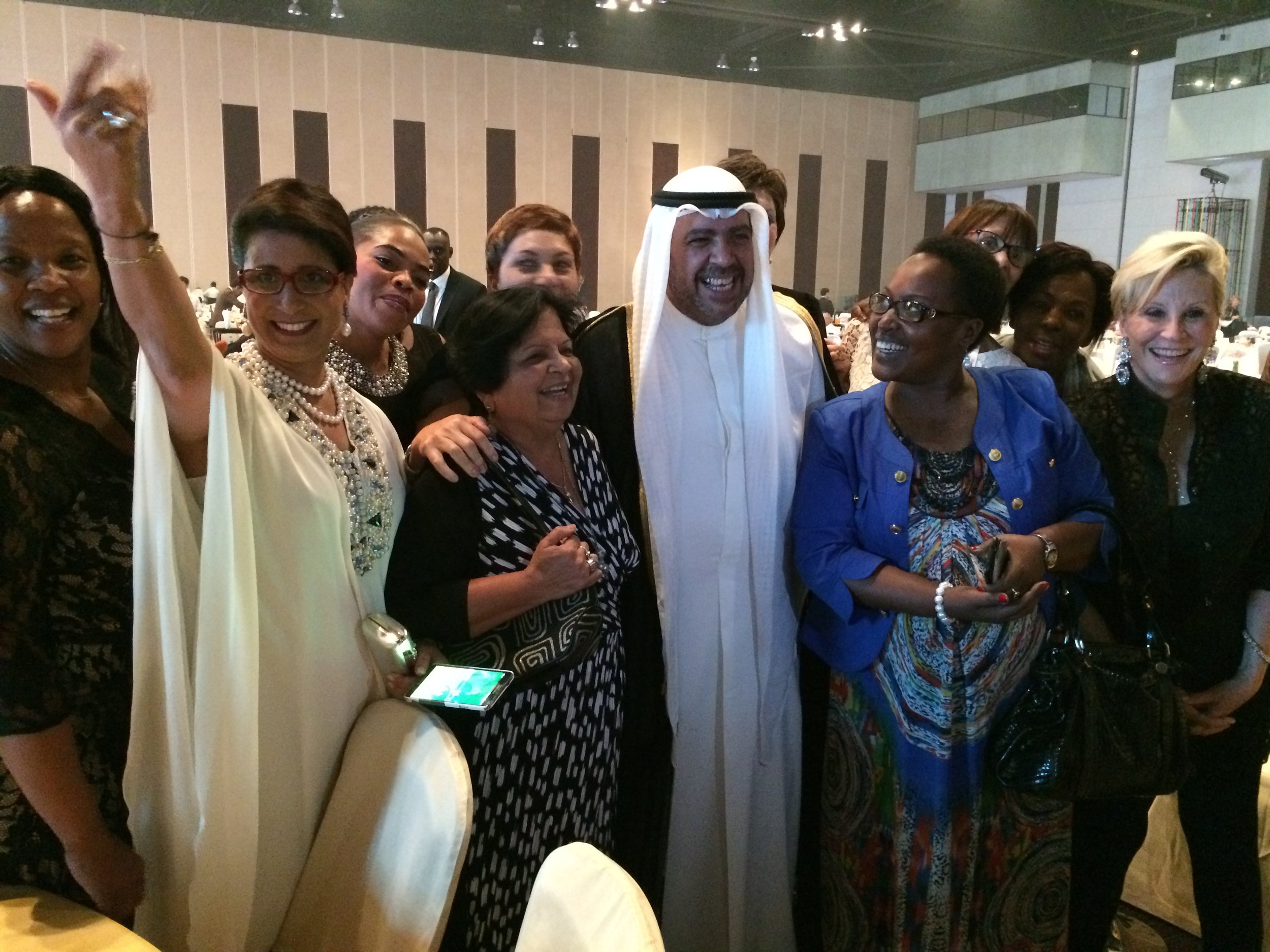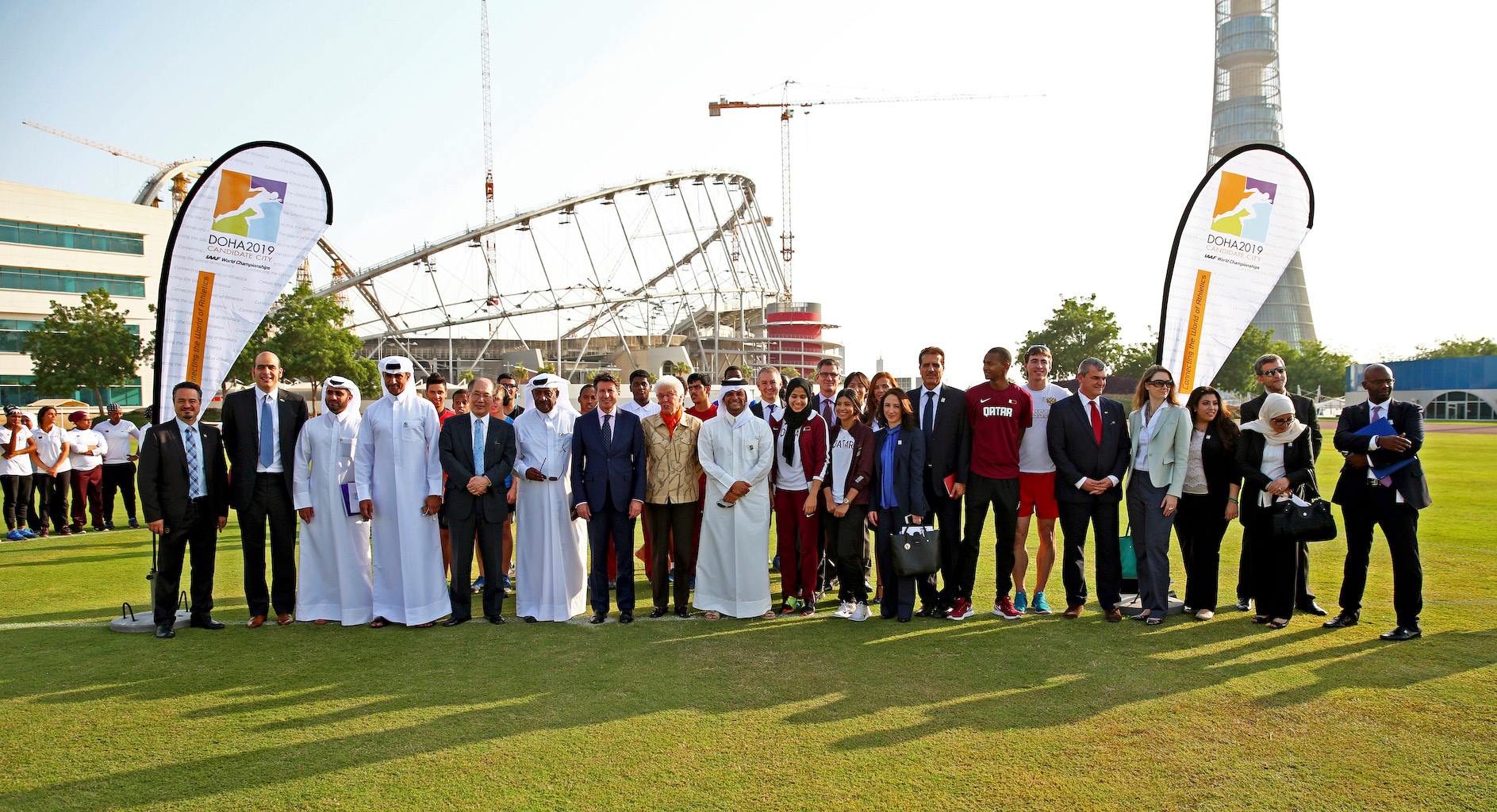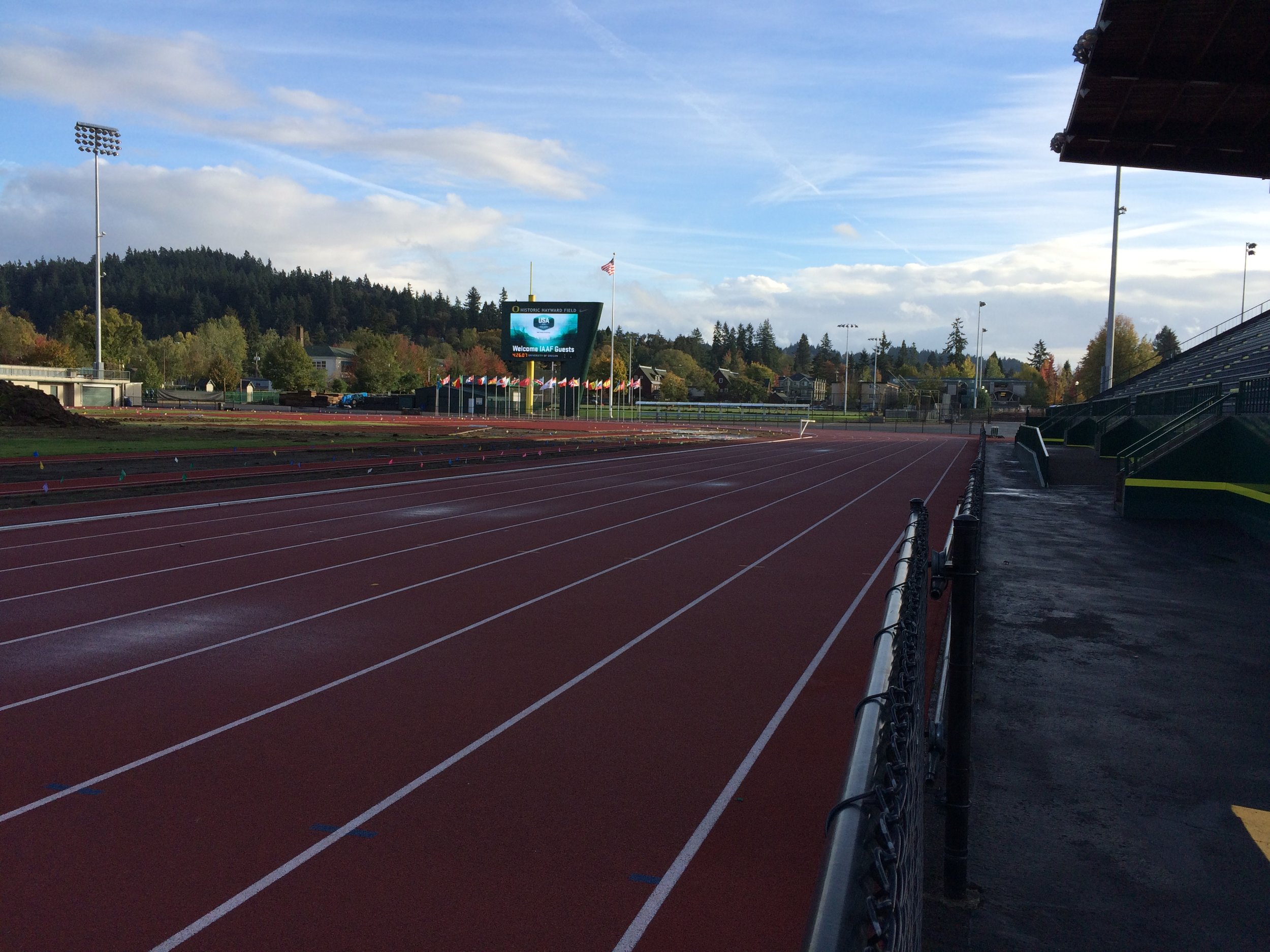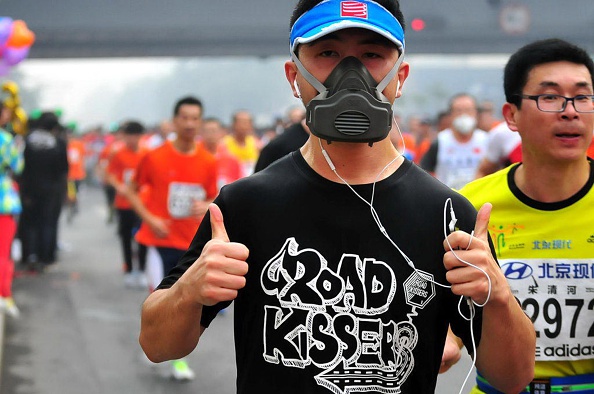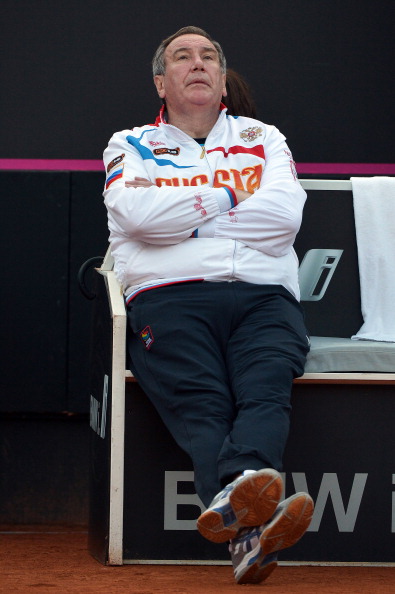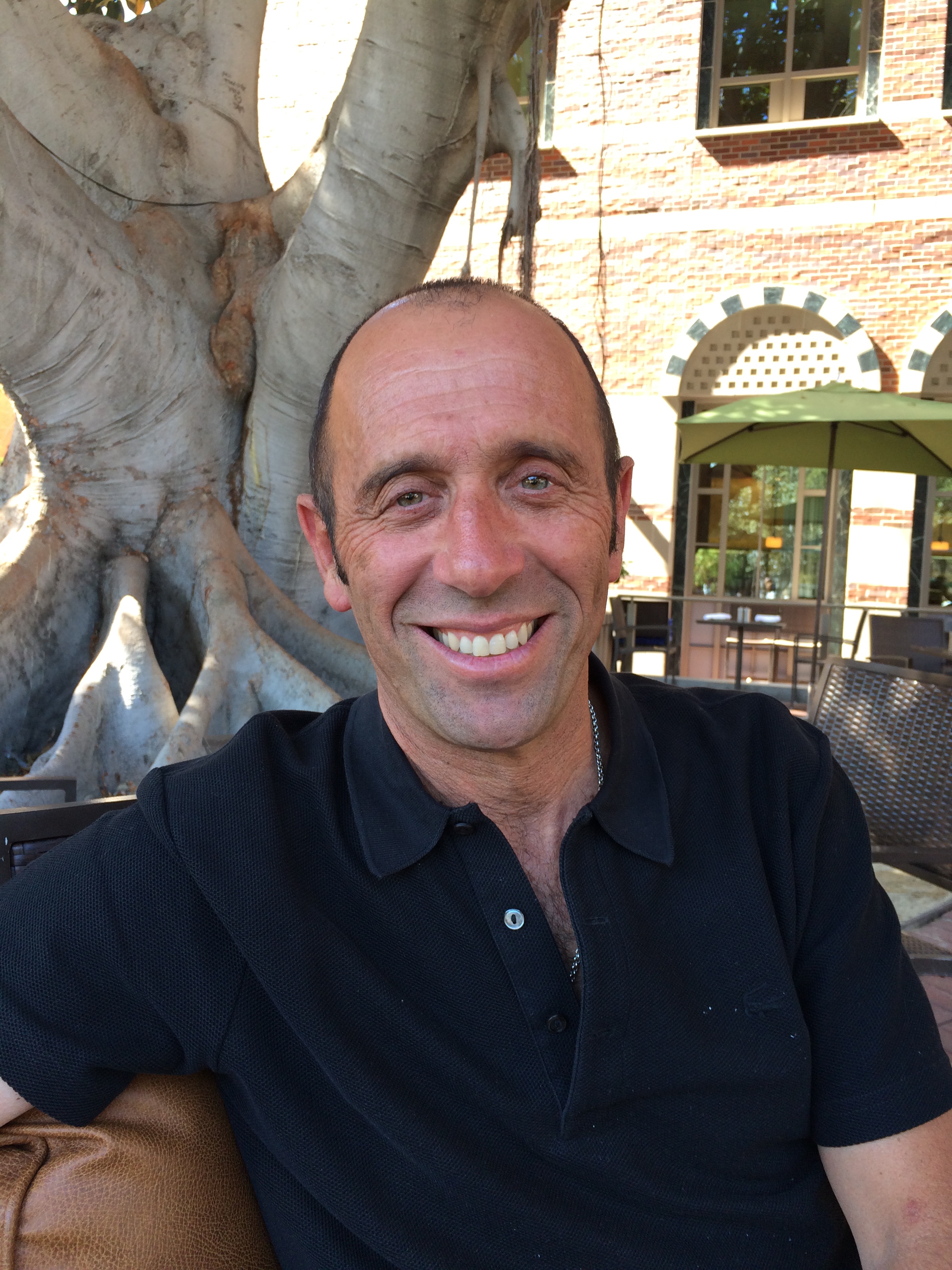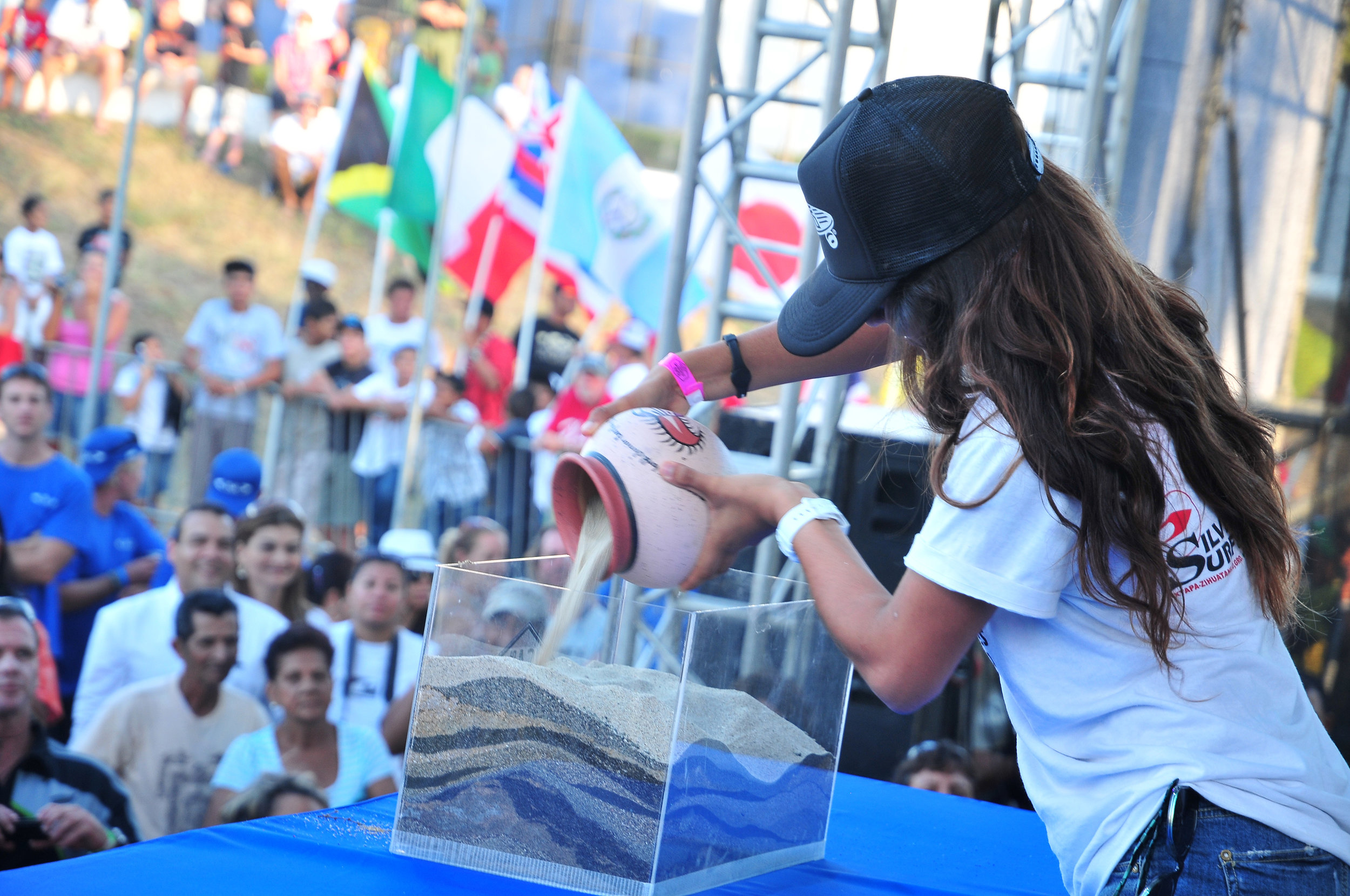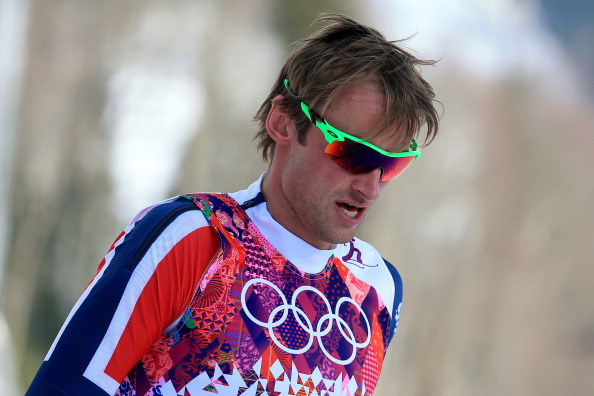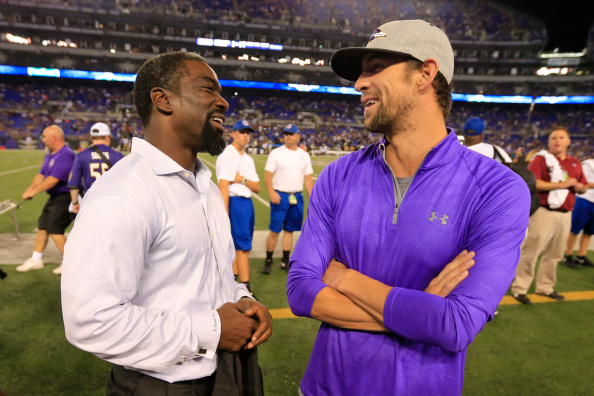MONACO — Of the 40 recommendations the International Olympic Committee made public Tuesday after a year-long study, there’s one, and perhaps one only, that is a game-changer. The rest would appear to be absolutely well-meaning but let’s-wait-and-see how they play out in practice. The difference maker? The creation of an Olympic channel.
The channel, particularly if you know the IOC, which typically moves with great tradition and caution, holds enormous potential to make the Olympic enterprise — at least in the public imagination — more than just a once-every-two-years event.
If the Olympic movement can, truly, become an everyday presence on-air and online in the lives of young people, then the IOC will have effected not just significant but perhaps revolutionary change through president Thomas Bach’s “Agenda 2020” year-long study process, which went public with the release Tuesday of the 40 recommendations.
The full IOC membership will meet here in Monaco Dec. 8-9 to vote on the full package.
In a statement released by the IOC at its Lausanne, Switzerland headquarters, Bach said Tuesday, “These 40 recommendations are like pieces of a jigsaw puzzle. When you put them together, a picture emerges that shows the IOC safeguarding the uniqueness of the Olympic Games and strengthening sport in society.”
This must be stressed:
What was released Tuesday is a framework, a structure, a road map. Call it what you will.
What will make any of it meaningful — beyond merely the channel — is, assuming the members vote it in, the implementation. The devil is in the details and there are literally hundreds if not thousands of details to be thought about if not worked out.
That’s why, on the one hand, the 20+20 recommendations, as the IOC likes to promote them, must be viewed with sensible caution.
On the other hand, they surely should be seen with some due optimism as well.
In a piece published Monday in the British newspaper the Daily Telegraph, Sebastian Coe, who headed the London 2012 Summer Games, reminded one and all that he closed that event by saying,
“If the 20th century was about the globalization of sports, largely through the Olympic movement, then the first decade of the 21st century must be about reconnecting young people with sport.”
Coe, at a meeting here where the IAAF voted Tuesday to award its 2019 world championships to Doha, Qatar, also said in the Telegraph piece, “The challenge the IOC laid down for itself covered three fundamental areas of its proposition. How can we be sustainable so more cities in more countries around the world are able to host the Olympic Games? How can we remain credible – the athletes, the organization, the events? And third, how do we give greater access to Olympic sport to people 365 days a year?”
And: “Some will think the IOC has gone too far, created too many recommendations and addressed too many things, taken a scattergun approach. Others will think it has not gone far enough, that the recommendations will take too long to implement. I do not think it matters. What matters most is that the IOC has chosen to take its destiny in its own hands rather than wait for others to impose a route map.”
This, truly, is the key.
Along with communication.
Sometimes, especially these past few weeks as the 2022 Winter Games bid process has teetered, you do wonder if the IOC gets both communication strategy and the corollary optics.
Why, for instance, was it so important for the IOC to release the 40 recommendations at the very same time the IAAF, the federation that is the most important of the summer sports, was meeting to decide the site of its 2019 championships? Isn’t this a movement? What about the concept of an Olympic family where everyone is in this together?
The IOC went to lengths Tuesday to invite a number of athletes from around the world to a “roundtable” chaired by Bach at which the 40 recommendations were purportedly discussed.
The IOC in its release Tuesday described an “inclusive and transparent Olympic Agenda 2020 process.” True, the IOC solicited submissions from all over — which led, in turn, to a year of closed-door debate that produced 40 recommendations just made public for the first time Tuesday. That’s “transparent”? As for “inclusive”? Of the 11 athletes invited to IOC headquarters, seven were European. Not one was from the Americas. Two were German, like Bach. One came from Iran, where the government is currently holding as prisoner a British-Iranian woman, Ghoncheh Ghavami, 25, who had the gall to attend a men’s volleyball match.
Under what circumstances did the IOC deem it so vital at this particular moment to invite Kaveh Mehrabi, who represented Iran in men’s singles in badminton at the 2008 Beijing Games, finishing in a tie for 33rd? That he was a representative of the WADA athletes’ committee? There was no one else in the entire world available?
Bach has made it a point of his presidency to note that sport and politics do indeed mix. In this instance, the odds are very good that the Iranian government has told the IOC in a short note that the Ghavami matter is all politics, not sport.
Sometimes, you just wonder.
Like, when recommendation 21 suggests the IOC should strengthen the IOC’s advocacy capacity, particularly with “intergovernmental organizations and agencies,” and notes the IOC should “encourage and assist [national Olympic committees] in their advocacy efforts.”
How?
The outside world has paid little attention to the Youth Olympic Games. So it would seem a very good idea to evaluate the YOG proposition and, at the least, move them to a non-Olympic year beginning in 2023. (Recommendation 25)
Maybe, as all involved would quietly understand, this is the first step toward eliminating them altogether.
Moves to blend sport and culture (Recommendation 26) were part of the discussion during last year’s IOC presidential election.
It’s practical in the extreme to comply with good governance (Recommendation 27) and, please, further increase financial transparency (Recommendation 29).
The world is, as is understood, full of white papers. Is this destined to be one of those? Or will it lead to real change?
See Recommendation 8: “forge relationships with the professional leagues.” What does that mean? How does one describe the IOC’s relationship with Major League Baseball, given that baseball is on the Olympic outs? Or with the NHL, where every four years it’s a hold-your-breath to see if the best players in the world are going to take part in the Games?
As for the first few recommendations: these seek to limit the cost of bidding for the Games, to make it more of an “invitation,” to promote the use of existing facilities, to allow organization of sports or disciplines outside the host city or “in exceptional cases” outside the host country notably for reasons of geography and sustainability.”
Bach, speaking to a small group of reporters at the Olympic Museum in Lausanne, said, “We want to create more diversity in the candidatures. There is no one-size-fits-all solution,” according to Associated Press.
Hypothetically, say, Los Angeles gets picked for an Olympics. But San Francisco offers better sailing. OK. That’s easy. But what if it makes sense to play, say, basketball in the Bay Area as well? Or rugby? The U.S. Olympic Committee gets to promote a Los Angeles-based California bid.
But what does it mean, really, to promote a two-country bid and how would that play with the members? No one knows.
Are these changes really going to make bidding for the Games cheaper? Here’s a bet: no. When countries want the big prize, there is very little the IOC can do to stop them from doing what it takes.
Recommendation 3 calls for the IOC to create and monitor a list of bid-city consultants. To repeat a joke that quickly made the rounds Tuesday: what, like, are they sex workers?
The 2020 plan calls for the Summer Games program to be capped at 10,500 athletes, 5,000 accredited coaches and support personnel and 310 events. That’s more or less the same number of athletes and up eight events from current levels. (Recommendation 9)
The idea (Recommendation 10) is to move from a “sport-based to an event-based program.” Again, all well and good. So where are the cuts from the existing sports going to come from so that, for instance, surfing, skateboard, rock climbing and others are going to get their athletes in?
Is the IAAF, just to take one, happily going to start chopping its events to make way for the new kids on the block? Swimming, which just got promoted to A-level status, joining track and field? Gymnastics? Volleyball? Something’s got to give. Where?
Recommendation 10 also says that the IOC session itself gets to decide on the inclusion of any sport, which for an American is akin to getting a Constitutional amendment passed (for non-Americans: extraordinarily difficult). But it then allows for flexibility: it also says organizing committees can make a proposal for the inclusion of one or more additional events for their Games. (hypothetical: baseball and softball for Tokyo 2020.)
One more thing.
Recommendation 15 says the IOC’s “ultimate goal is to protect clean athletes” and that, when it comes to the use of performance-enhancing drugs, there needs to be a philosophy change. Instead of a focus on cheats, it says, “change the philosophy to protecting clean athletes.”
That would be most welcome.
The IOC talked a big game Tuesday. In December it will be time to vote on this plan. Then, if it really means what it says, it will be time to put all these words into action.
That will be the real test of Agenda 2020.


